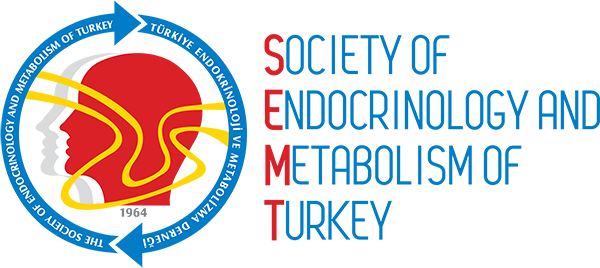ABSTRACT
Coronavirus disease-2019 (COVID-19) has infected more than 100 million people globally, with the pandemic still showing a quick increase in number. We reported five new cases in Turkey, where subacute thyroiditis was developed after the COVID-19 infection. Our study included three females and two male patients aged between 27 and 51 with a mean age of 39. Out of the five, four patients had a mild COVID-19 infection, and one patient had mild COVID-19 pneumonia. After 18-25 days of the disappearance of COVID-19 symptoms, subacute thyroiditis was developed in patients. Laboratory tests such as thyroid hormones and, especially, free thyroxin showed high levels while the thyroid-stimulating hormone was found to be low. The thyroid-stimulating hormone receptor antibody, anti-thyroid peroxidase, and anti-thyroglobulin antibodies were negative in all patients while the inflammatory markers were high. Thyroid ultrasound showed diffuse hypoechoic areas and diffused enlargement. There was no iodine uptake observed in the thyroid scintigraphy. The patients were diagnosed with subacute thyroiditis and prescribed oral prednisolone therapy. After a few days of starting the treatment, symptoms disappeared in all patients, and after four weeks of the onset of subacute thyroiditis symptoms, inflammatory markers turned to normal range in all patients. Therefore, physicians should consider subacute thyroiditis in the differential diagnosis of thyroid dysfunction during and after COVID-19 infection.



.png)
.png)